
Lymphoedema: Causes and symptoms
What is lymphoedema?
As the name suggests, lymphoedema occurs when the lymphatic system is damaged. It can be caused by either primary lymphoedema, which occurs when genes responsible for lymphatic system development are altered (mutated). Secondary lymphoedema may occur as a result of cancer or cancer treatment destroying the lymphatic system or removing it. In addition to swelling, pain, aching, and heaviness, this condition can affect any part of the body but is most commonly seen on the arm or leg.
Learning the symptoms of lymphoedema and understanding how the lymphatic system works will assist you in recognising any changes in your body. Diagnosing lymphoedema early prevents the symptoms from getting worse. Many physicians are unaware of the condition and do not know its symptoms; therefore, you should be aware of its symptoms.
lymphoedema symptoms
-
Swelling of your arm(s), leg(s) or other body parts.
-
Swelling in the morning that worsens throughout the day.
-
Swelling that persists for more than three months.
-
“Pitting oedema”: pressure to your skin, e.g. with your thumb, leaves an indentation.
-
Clothing and jewellery (especially rings and bracelets) may feel much tighter than usual.
-
Feeling of heaviness or tightness, aching or discomfort.
-
Skin changes such as hard, tight skin (fibrosis), wart-like growths, skin folds.
-
Skin discolouration and reddening.
-
Fluid leaking through the skin. (lymphorrhea)
-
Skin infections, such as cellulitis.
-
Less mobility and range of motion.
What is the lymphatic system
As a component of our body's immune system, the lymphatic system is comprised of organs such as tonsils, thymus, and spleen, as well as a network of lymphatic nodes (glands) and vessels. In these vessels there is a colourless fluid known as lymph, which travels throughout the body seeking out bacteria before draining back to the lymph nodes for purification.
What are lymph nodes?
Lymph nodes act as filters removing dead or abnormal cells, including cancer cells and bacteria, playing an important part in the body's defence against infection. As lymph returns to the circulation, it filters through these nodes draining into larger lymph vessels in the body which join to the main circulation.
This constant flow balances the amount of fluid in different parts of the body. In addition, the lymphatic system makes cells called lymphocytes, which help the body fight infections.
How cancer can damage vessels and lymph nodes
Cancer and cancer treatment can damage these vessels and lymph nodes causing scar tissue. If you picture a river, which has been dammed, the water builds up behind the dam, this is basically what is happening with lymphoedema. The flow of lymph is reduced through the scar tissue and builds up in the surrounding tissues causing the area to swell.
Unfortunately, most of the underlying causes of lymphoedema are irreversible and there is currently no known cure – however, appropriate treatment can be implemented to reduce the swelling and keep it to a minimum. Check out the blog 'Treatments for Lymphoedema' for more info.
If you do think you have lymphoedema and you are struggling to get help go to: lymphoedema.org - LSN The lymphoedema support network.




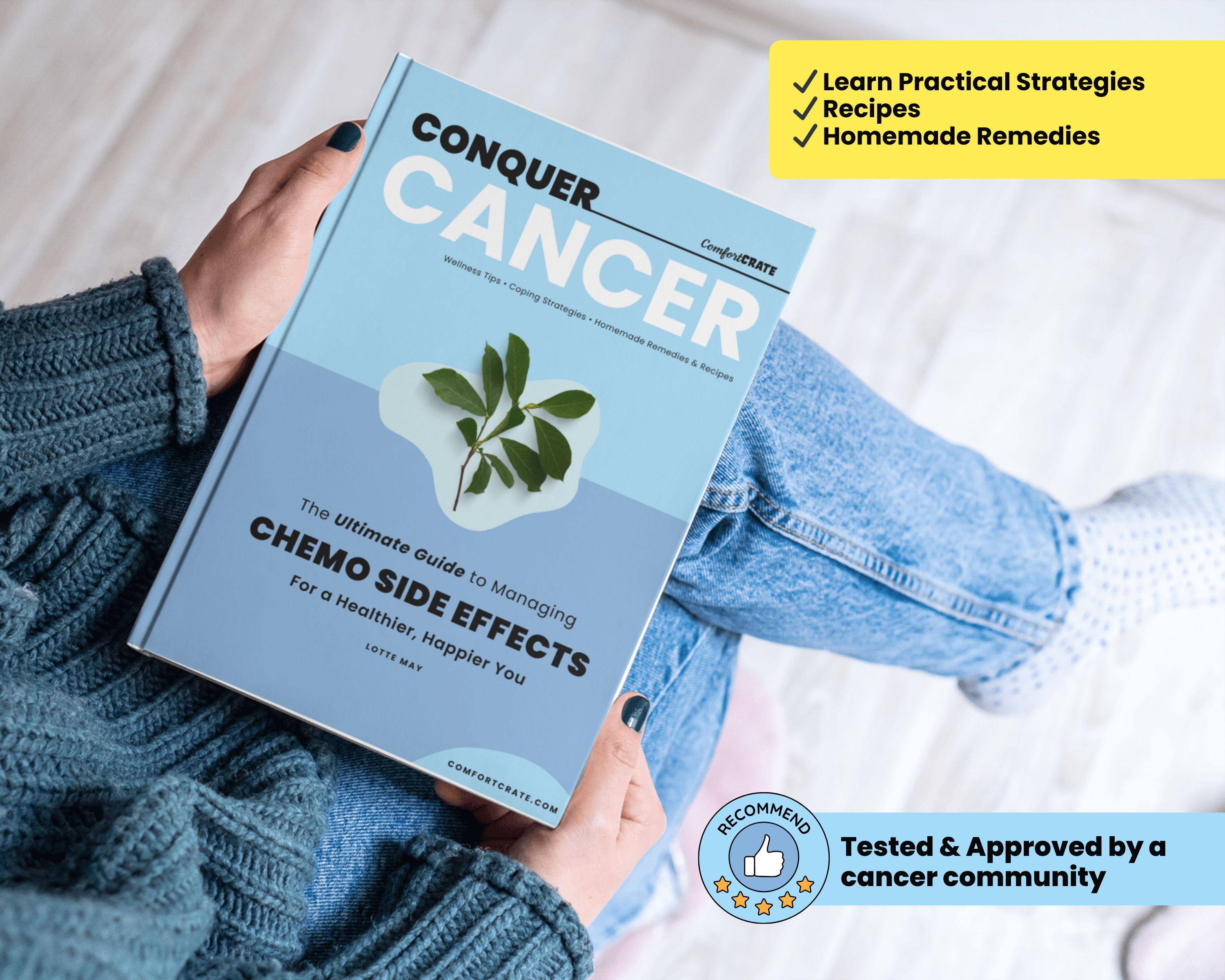


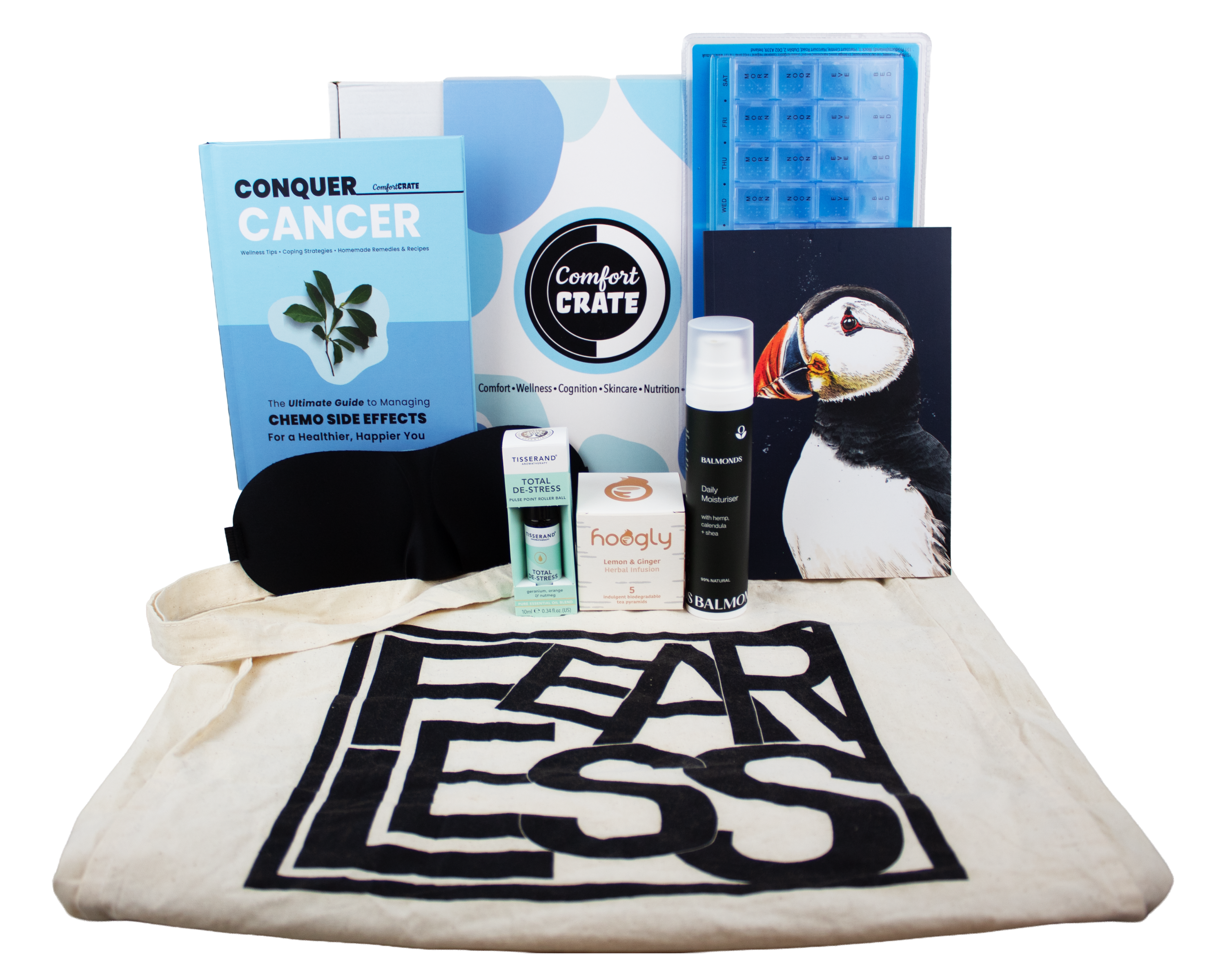
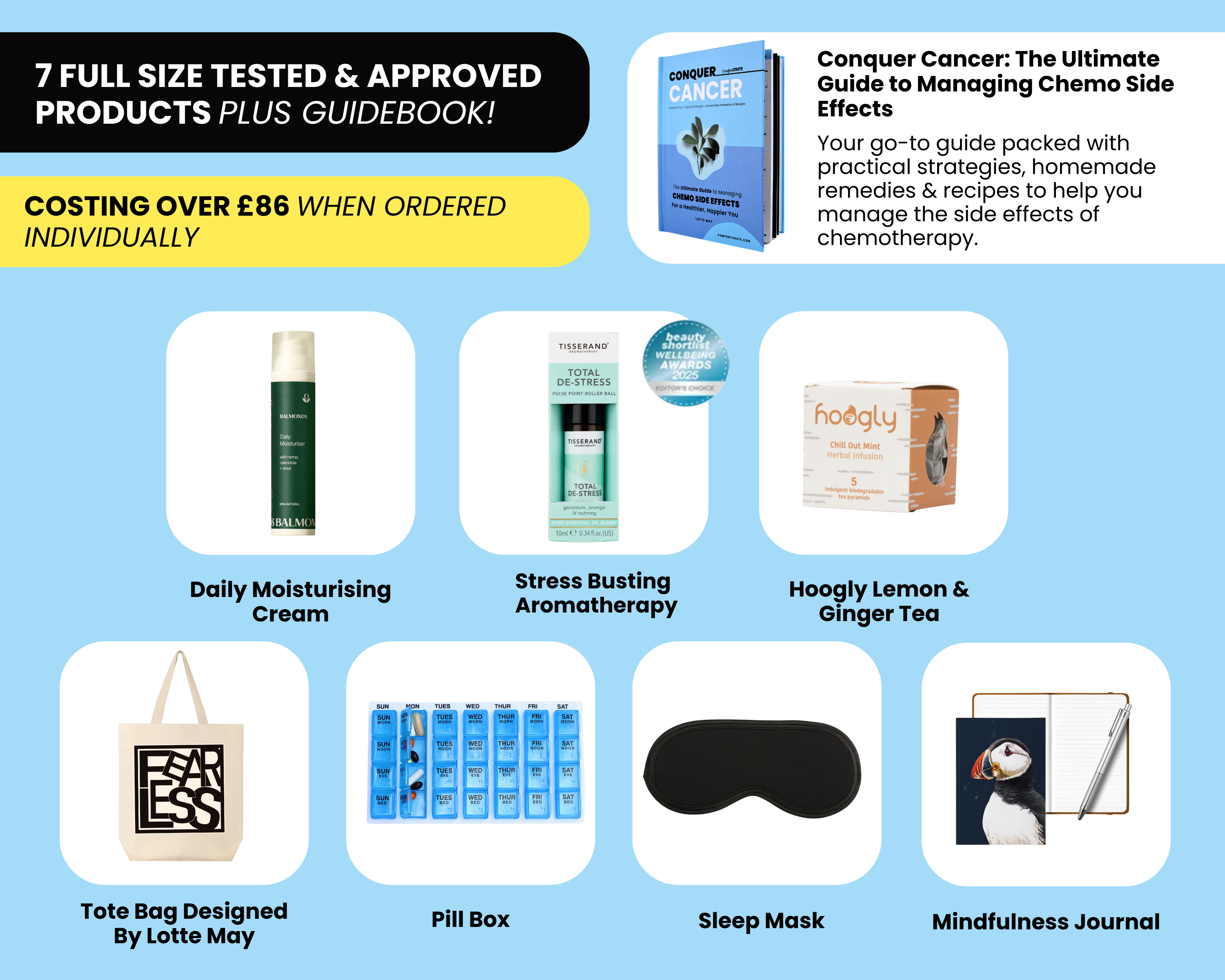
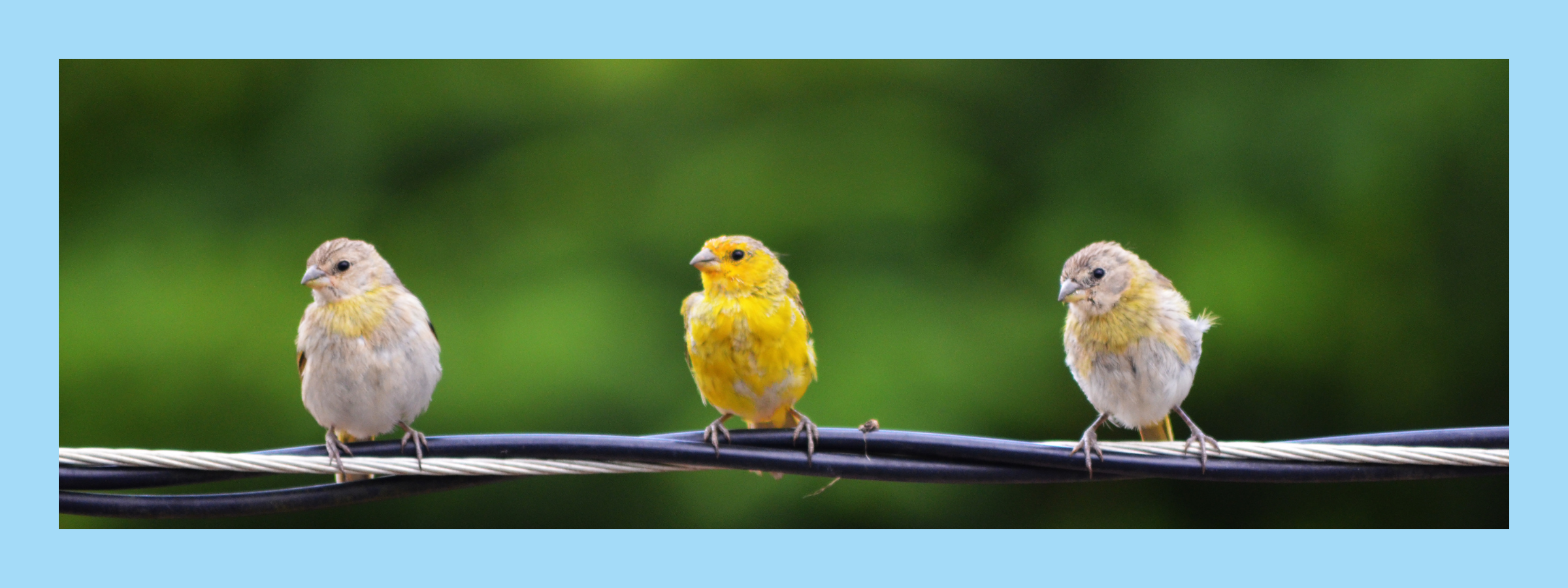
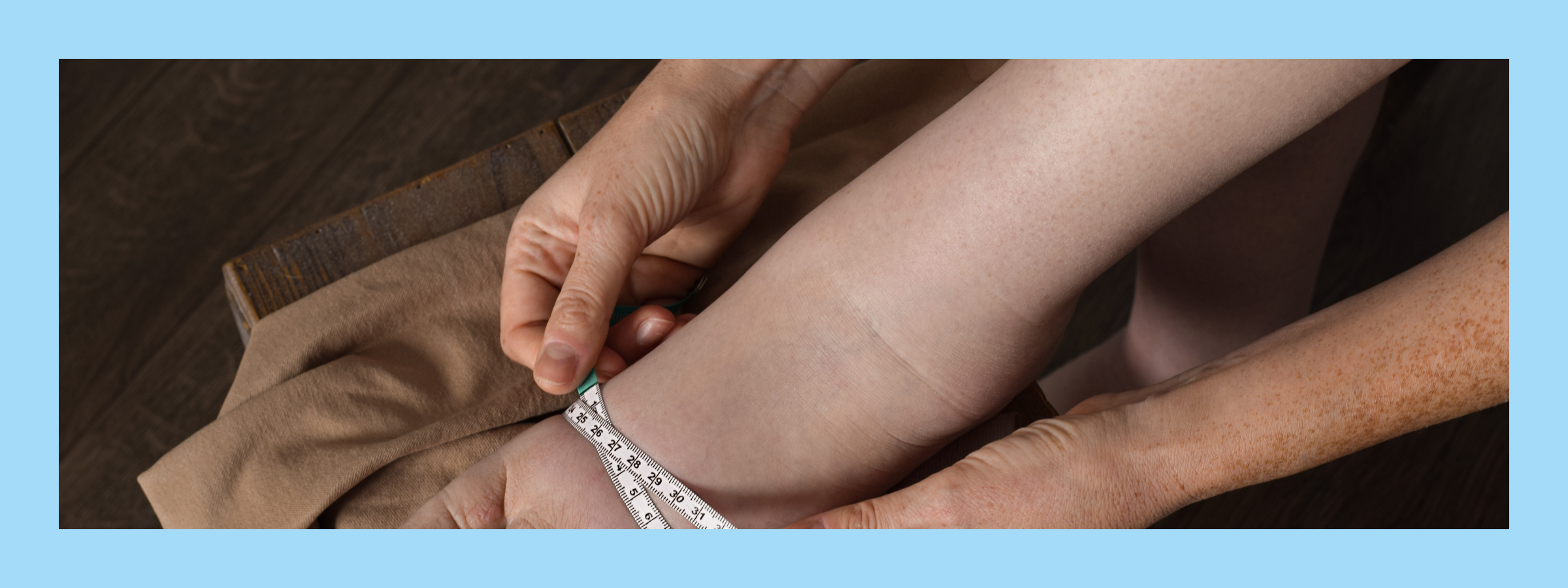
1 comment
Thank you for shedding light on “What is Secondary Lymphoedema.” Your blog provides a comprehensive understanding of this condition, empowering readers with knowledge and awareness. Your commitment to education and support is truly commendable.
synergyphysiotherapyclinic
Leave a comment
This site is protected by hCaptcha and the hCaptcha Privacy Policy and Terms of Service apply.